Have you ever considered how effective your communication is? We can always improve our ability to communicate, so here are 21 ways to communicate effectively.
Here are some tips to improve communication to help reduce misunderstandings or conflicts and to increase positive and helpful interactions:
1. Take time to think before speaking.
Saying the wrong thing, even at the right time, can seriously injure a person. Think, for example, of a doctor misspeaking an order for medication that turns out to be wrong and hurts her patient. Saying the wrong thing in a court of law could send an innocent person to jail for a long, long time. Since words have such power, it is very important how we communicate. Therefore, take time to listen, be careful how you answer and take time before speaking.
“A person’s style of speaking offers clues to their underlying ability to listen deeply. During moments of genuine connection, what we say will be responsive to what the other feels, says, and does. When we are poorly connected, however, our communications become verbal bullets: our message does not change to fit the other person’s state but simply reflects our own. Listening makes the difference. Talking at a person rather than listening to him reduces a conversation to a monologue. ”
2. Be slow to speak and quick to listen.
Take time to focus on what the other person is doing and saying. Most of us hear but do not really listen. We tend to focus our minds on what we are going to say or how we will answer rather than focusing upon and understanding what the speaker is trying to communicate. Check out How to Improve Your Listening Skills.
3. Speak to help the listener.
Communicate with the intention of helping the listener. There are many reasons why people talk. Sometimes it's merely to test the relationship, as often happens with small talk. There are those who think out loud, so as a listener you just happen to be present as they are trying to process their thoughts. Other times it's to present information, for whatever the reason. Still other occasions the speaker is communicating a need for an answer or assistance.
If it's small talk then you can help the listener by presenting something to the conversation that brings value to it and the other person. If you are not sure what the point of the talk is, then simply and politely ask for clarification. Such a thing can be very helpful with someone who presents something that might be a need. A good habit to get into in scenarios like that is to ask, "Are you telling me this to bounce ideas off of me or because you are asking me for my help?" For more insight, take a look at this article in Forbes: 5 Questions You Can Ask Instead of 'How Are You?' Better yet, consider how eliminating small talkis better for you and can increase your happiness.
Regardless of the situation, try to keep in mind how listening to the speaker can bring value to the other person and to the engagement.
4. Speak with straightforwardness.
We often tend to play games with people by not being open and honest. This is a practice for those who have learned to be passive aggressive. However, the people we admire the most are those who are honest and truthful. Men or women considered to be leaders, or have charisma, or are given high respect are those who can speak with candor.
Speaking candidly does not mean speaking harshly, rudely or in a way that can harm. Learning to speak the truth with tact or finesse will give you freedom in your ability to work with people and reward you with positive regard from others.
5. Be aware that non-verbal communication is always at work.
Non-verbal communication may speak louder than words, but they are not as distinct as words. Non-verbal communication includes:
Body language and posture
Facial expressions
Dress and clothing
Behavior. In fact, all behavior is communication.
6. Recognize the three "V's" in spoken communication:
Verbal - is obviously the spoken word. However, as William Vermeulen pointed out in his seminars, "Most people concentrate only on the verbal element assuming this to be the message when it is only part of the whole message."
Vocal - which includes the intonation, projection, and resonance.
Visual: what people see when you communicate, such as motion and expression of your body and face. Visual images convey conscious and unconscious messages. Body language can have the effect of positively enhancing your speech or significantly diminishing it.
7. Be careful to use the right words at the right time.
As the saying goes, "Say what you mean and mean what you say." It is very important to understand that words have power. A good habit to get into is thinking through what you intend to say to be sure that is indeed what you mean to say. The level of verbal precision is based on the level of importance at the moment. Obviously, a major in the military will need to speak with precision when ordering an assault on the enemy; whereas there is hardly a need for verbal precision when playing tag with your daughter. At the same time, saying the right thing at the wrong time can damage the situation or the relationship.
“Saying the right words at the right time can do more than just make a person feel good in the moment. It can have an impact that is positive and lasting.”
8. When needed, be firm but tactful.
Learn to use words that are firm but diplomatic even when correcting opponents. You can be truthful without being tacky.
9. Make good use of questions.
The person who asks the questions is often the person in control of the conversation. However, control isn’t necessarily the objective. Rather, using good questions will get to the heart of the issue and help engage people in the process of dialog and communication. Ask until there is clarification by using the “who-what-when-where-how" and sometimes "why” questions.
10. Look for teachable moments, clarification, or self-discovery.
Do this by stopping the other person at critical points and asking what he or she is thinking.
11. Look for the moment of silent registry.
This is the moment at which a person seems to freeze and ponder what is being said. That is often the place at which the person(s) is engaged, something you have said has hit a chord and resonated with her or him.
However, don't use silence to frustrate the other person. If the conversation is becoming more difficult than you are able to bear at that time, then explain why you are hesitant to talk and then close the discussion.
12. Find out in advance what an arranged conference is about.
If you are asked to meet with someone and you suspect it is not merely for a fun or social occasion, then ask if the other person to do you the courtesy of telling you in advance the purpose of the meeting.
13. Record important matters.
In some contexts, this is crucial such as when personally meeting an opponent or antagonist, or during a very important committee or team meeting. Winston Churchill was a stickler for this practice. One of his maxims was, “I am a strong believer in transacting official business by the written word...Let it be clearly understood that all directions emanating from me are made in writing, or should be immediately confirmed in writing and that I do not accept responsibility for matters relating to national defense, on which I am alleged to have given decisions unless they are recorded in writing.” (Stephen Hayward, Churchill on Leadership; p. 110)
14. Regularly communicate plans and decisions to those who need to know.
15. Do not permit interruptions.
People who interrupt do so for a variety of reasons, few of which bring value to or enhance the conversation. Some interrupt because they are not listening. They need to listen or your time and energy are wasted. Some interrupt because they have little respect for you or others in the conversation. When they are like that, it's a matter of contempt for you. There can hardly be a mutually beneficial interchange when there is little to no respect. They need to be respectful. Some interrupt because they are too arrogant to believe you have anything of interest or importance to share. They need a measure of humility to be able to interact with others in any useful and meaningful way.
Should the other person continue to interrupt, then end the conversation and walk away.
16. Do not let unresolved matters go unanswered.
Rarely do unresolved matters simply go away. Often times these issues come back to haunt your relationship later on. If you are unable to resolve any challenges during your conversation then make an appointment to discuss it later. It is usually best to make that very matter the singular priority of your follow-up talk.
17. Use paraphrasing.
If a matter is important enough then paraphrase back what was said or have your listener(s) paraphrase back to you what you have said. This can be a valuable tool to determine if there is an acceptable understanding between the parties. It can be helpful to make sure you are understanding what is said by rephrasing what the other person said and asking him or her if that is what indeed was said or meant.
18. Summarize meetings.
In meetings, take time at the end to summarize what was covered and who is assigned various tasks.
19. Get help when communicating with another person is difficult.
If you consistently have difficulty communicating with another person then enlist the help of one or two others to help improve communication. Often times this can resolve the challenge between regularly conflicted people. Be aware that it does not always mean there will be a resolution.
20. Give the big picture, but do not overuse generalizations.
Follow abstract concepts with concrete examples. As communication specialists advise: paint a verbal picture and connect the dots.
21. Get rid of distractions.
Be intentional about putting away things that can rob your conversation of the level of value it deserves. Turning off your cell phone, closing your tablet or computer, taking the earpiece(s) off your head are ways to do this. Not only can you not give mindful attention to the discourse with other things vying for your mind's attention, these distractions actually demonstrate to others that they are not important enough to have a meaningful conversation.
On the positive side, there are benefits when you put away anything that can intrude upon your discourse with others. Benefits include, but not limited to:
Being able to converse in a more meaningful way.
Showing mutual respect, which has a strong probability of elevating your relationship.
Increasing the chances of actually getting something accomplished.
You are able to better focus on each other and upon the topic or agenda.
You can remember the conversation and most likely the salient points at a later time.
These are only a few tips to improve communication that could reduce misunderstandings or conflicts and increase positive and helpful interactions. What would you add to this? Which one of these do you practice well? Which of these do you need improvement.
Dr. Don


